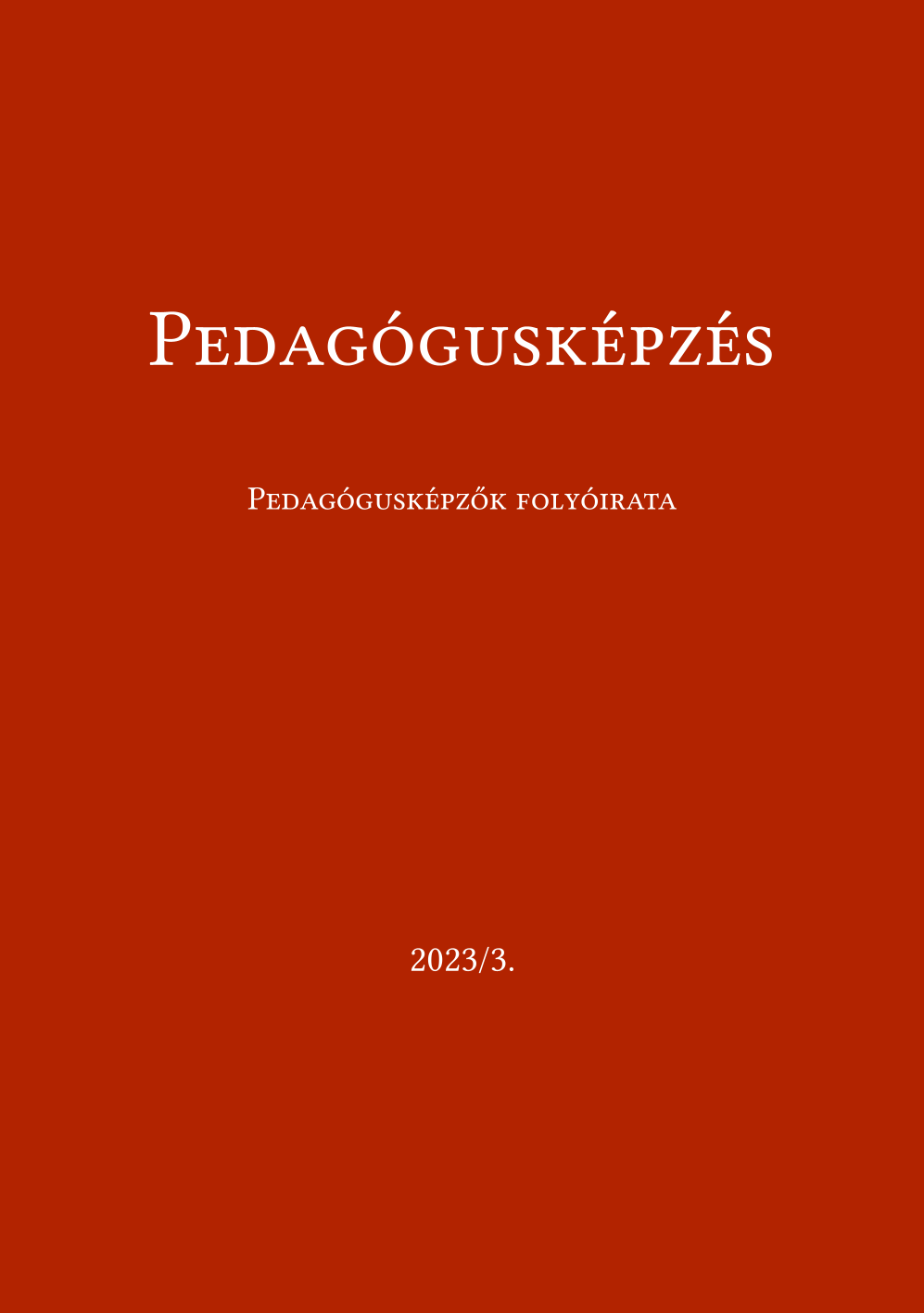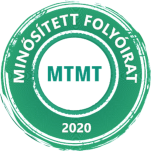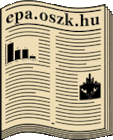The Mentor as a Beacon: the Impact of the Let’s Teach for Hungary Mentoring Programme on Disadvantaged Youth’s Visions of the Future and Their Educational Ambitions
DOI:
https://doi.org/10.37205/TEL-hun.2023.3.03Keywords:
Let's Teach for Hungary mentoring programme, mentoring, further education, disadvantaged social situation, career choiceAbstract
The aim of our research was to investigate the impact of the Let's Teach for Hungary mentoring programme (TM) on a specific problem area, namely the prospects, career orientation, values and aspirations of students facing a career choice. In the course of the quantitative research, we used a self-developed questionnaire to investigate the academic expectations of mentored and nonmentored
students, as well as the roles of their parents and teachers from the students' perspective. The survey was conducted in the second semester of the 2021/2022 school year and involved 206 primary school students in grades 7 and
8, and was conducted by the Discovery of the Hidden Value of Mentoring (DHVM) research team, which investigated the impact of the TM programme. Descriptive statistics, compare means, cross-tabulation analysis, and binary
logistic regression analysis were used to analyze the data. The results show that the programme is successful in engaging socially disadvantaged students, in
whose lives mentors play an important role, but still the strongest predictor of whether they decide to continue their education or not, even if they participate in
the mentoring programme, is the financial situation of their families and their GPA.
Downloads
Published
How to Cite
Issue
Section
License
Copyright (c) 2024 The author(s)

This work is licensed under a Creative Commons Attribution-NonCommercial-NoDerivatives 4.0 International License.








